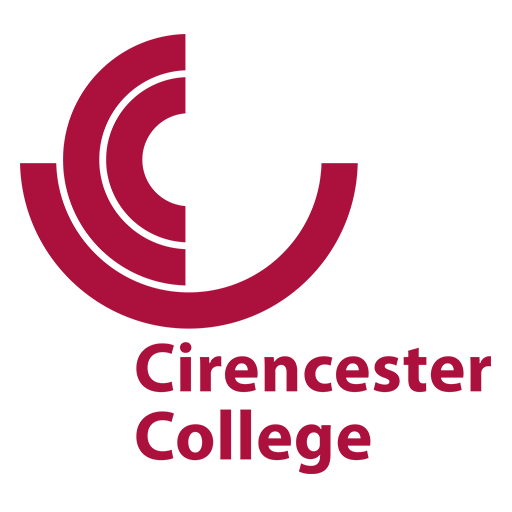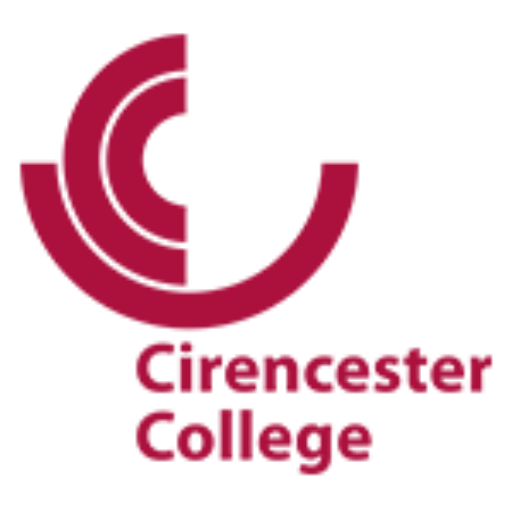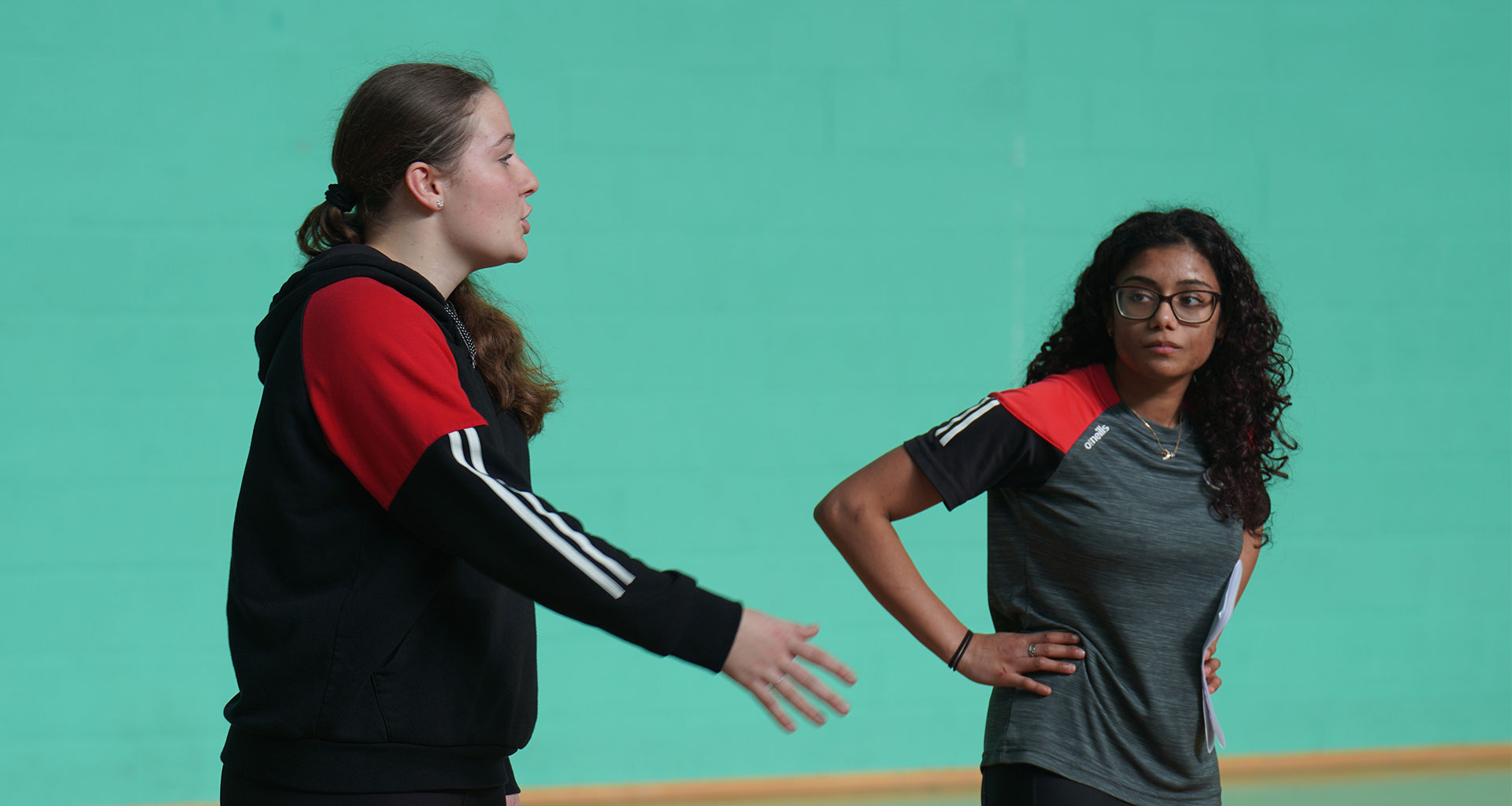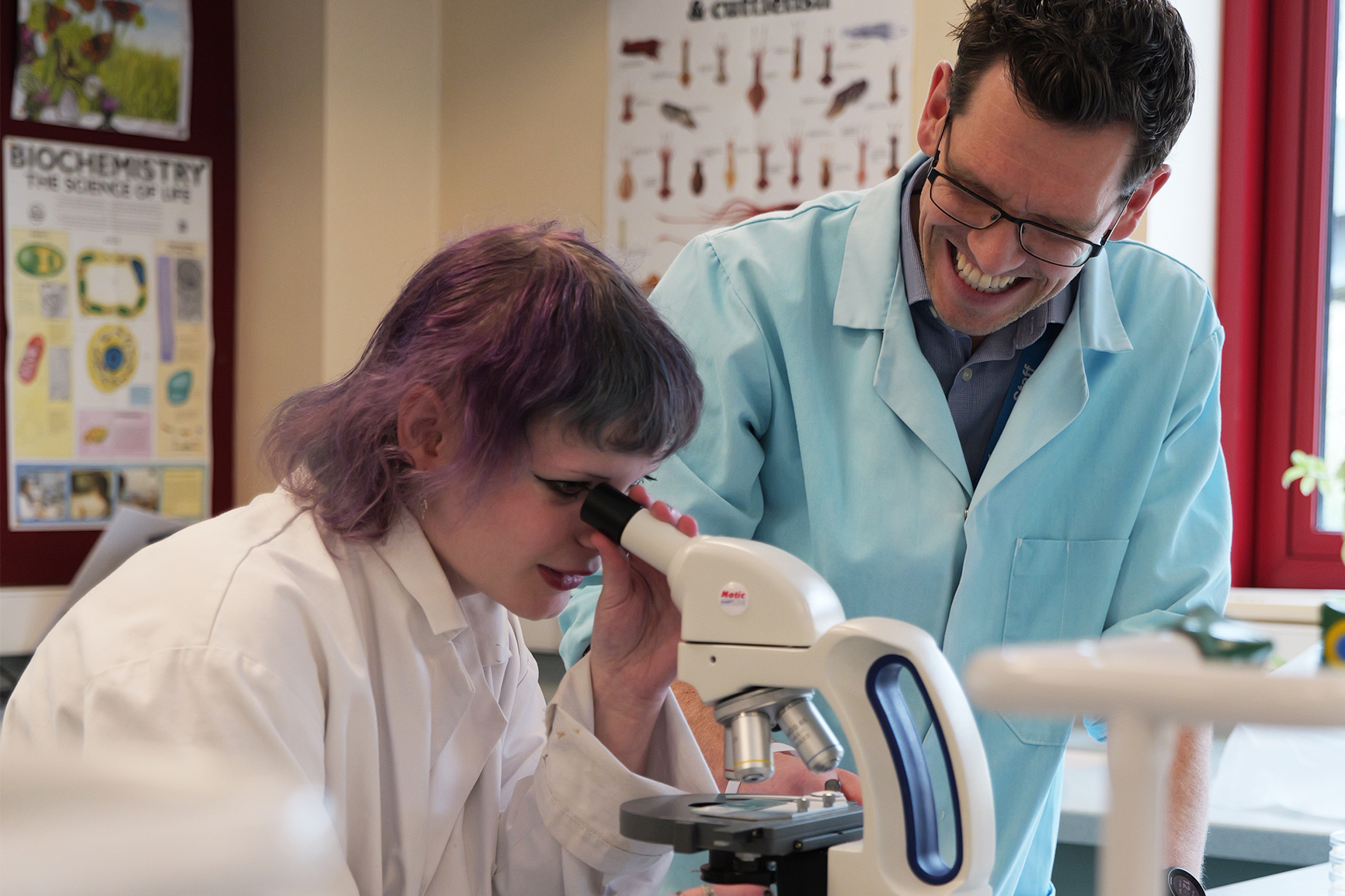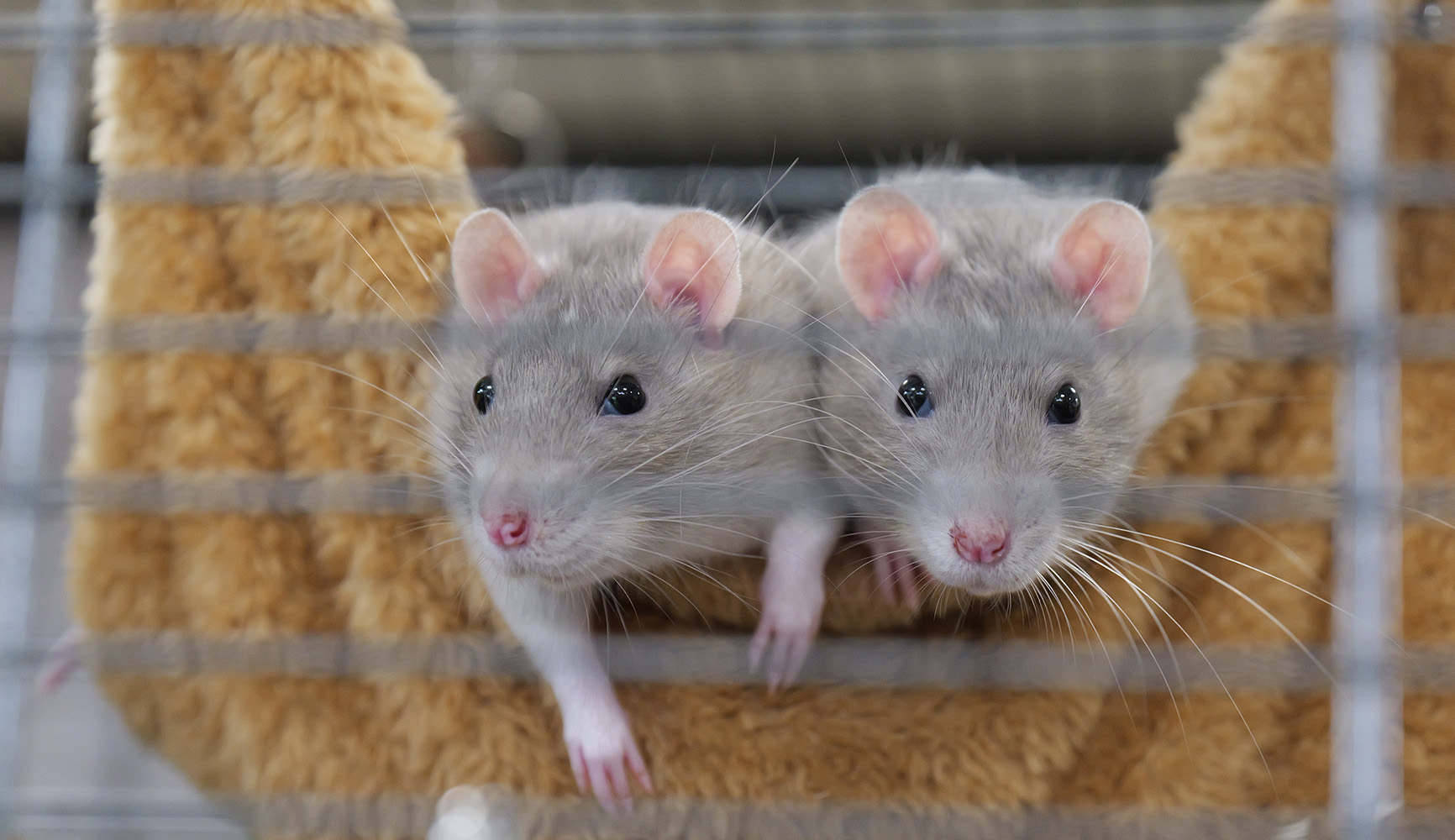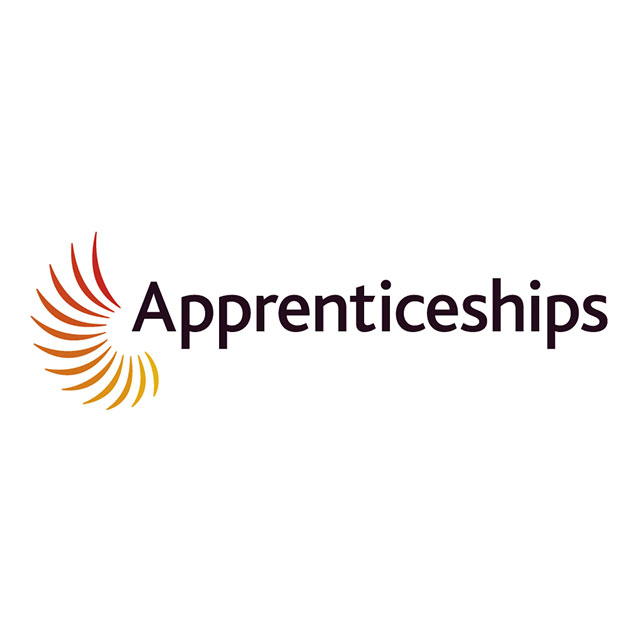DO NOT DELETE OR EDIT THIS ROW OR ITS CONTENTS

Are you fascinated by how the human body works? Do you want to learn more about this incredible machine? If so our exciting Human Biology course is perfect for you! Have you ever wondered exactly how the body is able to control and maintain different internal conditions? Why do some people’s immune systems attack their own cells? How do bacteria, viruses and other pathogens specifically cause disease? These are just some of the questions you will explore the answers to. The course is delivered by experienced and approachable lecturers who are there to support you throughout your learning. Human Biology is an enthralling subject and we look forward to sharing our enthusiasm for it with you. Students progress onto University with majority of students studying Biomedicine, Physiotherapy or Adult Nursing.
What will I study in Human Biology Level 3 AAQ Extended Certificate?
Certificate
Extended Certificate
This qualification is available as a one-year Certificate which is equivalent to an AS level, or a 2-year Extended Certificate, equivalent to a full A level. They are both graded as 'Pass' / 'Merit' / 'Distinction'.
Year 1 (Certificate):
F170: Foundations of Human Biology.
In this component you will study how the body works from a cellular and tissue level. Looking in detail at specific organ systems from the respiratory system to the nervous system. Key concepts of endocrinology, neurobiology and reproduction will be explored. Furthermore, we will explore microbiology basics. This is an examined unit.
F172: Genetics.
In this unit we will learn about DNA, Cell division and inheritance. Looking at the fundamentals of genetics. Modes of inheritance and exploring genetic causes of specific diseases, how these are diagnosed, counselling offered to patients and treatment methods like gene therapy. We also explore genetic engineering looking at methods used and discussing the ethics of certain examples. This is assessed via assignments.
F173: Biomedical techniques
In this unit you will plan and carry out investigations using a variety of laboratory techniques. We will explore the role of a Biomedical Scientist and learn how to use specific diagnostic techniques. As part of this you will develop skills in microscopy and biochemistry.
Year 2 (Extended Certificate):
F171: Health and Disease
In this unit you will learn about the fascinating nature of certain diseases and disorders. Finding out about the causes and symptoms of disorders, preventative therapies, role of immunology, diagnosis and monitoring of disease. You will learn about how to report diagnoses, carry out research and the importance of confidentiality. This is an examined unit.
F174: Nutrition and metabolism
In this unit you will find out about the nutritional requirements of the body and explore different dietary disorders. There will be the opportunity to carry out practical investigations observing the action of digestive enzymes. Additionally, we will look at the biochemical pathways involved in metabolism and the diagnosis and treatment of metabolic disorders.
F176: The Brain
As part of this unit, we will study the nervous system in detail. Looking at the structure and function of the brain, spinal cord and nerves. We gain insight into how neurotransmission works and how drugs can affect this process. Furthermore, we will explore the diagnosis and treatment of neurological disorders. We will talk about different types of scanning techniques than can be used to monitor the progress of certain brain disorders or injuries.
Entry Requirements
5+ GCSEs at Grade 4 or above from the core subjects, including English Language, Maths and Science. (Either 4-4 in Combined or a 4 in Biology)
How will I learn?
Learning will be done in the classroom and in the Lab. You will get to develop many lab skills from microscopy to dissection. All experiments will be written up and built into your understanding of the theory. Learning will be a mixture of lectures, where you will be encouraged to learn independent study skills, discussions with your peers, and frequent tests to check your progress.
The Practical Microbiology unit will allow you to develop your microbiological technique. You will also get to progress your digital skills for example using Excel to produce graphs. Furthermore, there are also maths skills developed in the course, doing microscopy calculations to statistical tests.
You'll get booklets with lots of work to do between lessons, and it will be important that you complete all the work set and learn everything thoroughly for tests.
How will I be assessed?
Some assessments are examinations (40%), and some are in-class assessments (‘NEA’; 60%) similar to coursework but conducted under controlled (exam-like) conditions. Thorough preparation for all assessments and meeting deadlines is an important part of the course.
Y1:
F170: Fundamentals of Human Biology
This will be assessed via a 1 hour-15minute written examination set and marked by OCR. The paper will include a range of question types, including multiple choice, calculations, short answer and open response.
F172: Genetics
This will be a non-examined assessment (NEA). Students will get a case study to research causes, diagnosis and treatment. These are completed in controlled conditions.
F173: Biomedical techniques
This is a non-examined assessment (NEA) completed in controlled conditions. Students will research and plan investigations to diagnose case studies. Students will then write up the investigation drawing conclusions based on results.
Year 2:
F171: Health and Disease
This will be assessed via a 1 hour 15-minute written examination set and marked by OCR. The paper will include a range of question types, including multiple choice, calculations, short answer and open response.
F174: Nutrition and Metabolism
This is a non-examined assessment (NEA) in controlled conditions. Students get a case study. They will carry out research and make a diet and meal plan to meet their needs.
F176: Brain
This will be a non-examined assessment (NEA). Students will get a brain injury case study. Students will carry out research how the symptoms and imaging relate to the injury and a treatment plan.
Any trips?
We have taken students to Warwick University to watch a series of lectures from specialists. Topics vary each time and have included talks about using DNA evidence to find Richard III, finding a cure for dementia and Nessa Carey discussing Epigenetics. Students also attended a trip to Cardiff University, where they got to listen to lectures from Scientists discussing things like the use artificial intelligence to develop new drugs. Students get the opportunity to visit a working research lab., this year they went into a histology Lab to find out about how to make a fluorescent probe to find cancer on slides. We are exploring more potential trips to run in the future.
Are there any costs involved?
You should expect some small costs of around £15 over both years for course booklets and stationery.
Device Requirements
MacBook (8GB RAM minimum | M2 or above)
or
Windows laptop (8GB RAM minimum | Ryzen 3 or Intel i3 12th Gen or above)
If you already own a device that meets the technical requirements of your course, you are welcome to bring it with you to college.
If not, more information on a convenient rental and help-to-buy scheme designed specifically for Cirencester College students is linked below.
FAQs
A few of the possible career opportunities include:
• Exercise physiologist
• Fitness centre manager
• Personal trainer
• Secondary school teacher
• Sports administrator
• Sports coach
• Sports development officer
• Sports therapist
• Occupational therapist
• Event manager
• Health promotion specialist
• Healthcare scientist
• Higher education lecturer
• Outdoor activities/education manager
• Sport and exercise psychologist
• Adult nurse
• Children's nurse
• Health visitor
• High intensity therapist
• Mental health nurse
• Midwife
• Paramedic
There are many options for study in Higher Education to extend your interest in Human Biology, including:
BSc (Hons) in Biomedicine
BSc (Hons) Physiotherapy
BSc (Hons) in Nursing
BSc (Hons) in Occupational Health
BSc (Hons) in Sport Science
BSc (Hons) in Midwifery
BSc (Hons) Criminology
Please do check entry requirements for such courses, as they differ between different universities.
This course will involve a lot of practical work in the lab particularly during Biomedical techniques. These include Microbiology skills, microscopy and dissection, testing for organic and inorganic substances, chromatography, titration, and many other techniques.
There will be the opportunity to do some dissection of organs such as the heart. We encourage this as a useful learning exercise, but this is not a compulsory part of the qualification, and if you have a particular reason why you would rather not participate, you will be provided with an alternative learning exercise.
Yes, students are allowed a resubmission opportunity for their assignments. These have to be submitted by a deadline, or they cannot be marked as a 'pass' grade.
The Extended Certificate is equivalent to A level grades and received the following points for UCAS:
Distinction* 56 points
Distinction 48 Points
Merit 32 Points
Pass 16 Points
The Certificate is equivalent to an AS level and is worth half of the number of points given to the Extended Certificate.
Awarding Body
OCR
Available As
[28 UCAS pts. available]

[56 UCAS pts. available]

Add to Application
What can I do after I have taken this course?
Available As
[28 UCAS pts. available]

[56 UCAS pts. available]

Add to Application

DO NOT DELETE OR EDIT THIS ROW OR ITS CONTENTS
